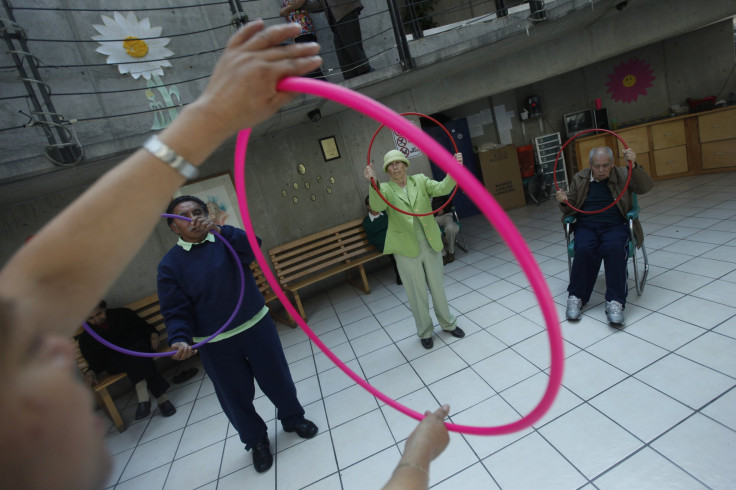Alzheimer’s Drug: Medication To Slow Down Dementia Set To Be Announced

A drug that scientists believe could halt the progress of Alzheimer’s disease is set to be announced Wednesday. Researchers are optimistic about the drug solanezumab, which they say could prove helpful if dementia is diagnosed at an early stage.
Eli Lilly and Co, a U.S.-based drug company, will unveil the drug at the Alzheimer’s Association International Conference in Washington D.C. The drug is said to be an antibody that removes deformed proteins known as amyloid plaques, which is believed to cause Alzheimer’s.
According to Eric Karran, director of research at Alzheimer's Research UK, who described the drug has having a “significant benefit,” during the clinical trials, which were kept secret, the condition of patients who were on a placebo worsened after the study.
“But in people who received the drug, the rate of their deterioration was slower by about 30 percent. So when you looked at the two groups at 1.5 years there was a clear difference between those who had been given the drug and those who didn't get the drug,” Karran reportedly explained.
Researchers at Eli Lilly previously said: “Results from 28 weeks’ treatment suggest patients who received solanezumab had a cognitive benefit not recovered by patients who began Solanezumab later,” according to the Mirror. “This is thought consistent with a treatment effect that changes the underlying pathology of Alzheimer's disease.”
An estimated 5.3 million Americans suffer from Alzheimer's. All forms of dementia combined are expected to cost the United States $226 billion this year. This will likely increase to $1.1 trillion by 2050, according to the Alzheimer's Association.
"I'm not for one moment suggesting (it is) curing it," Karran said, according to the U.K.’s Press Association, and also cautioned that it would be several years before the drug became available to patients.
© Copyright IBTimes 2025. All rights reserved.






















